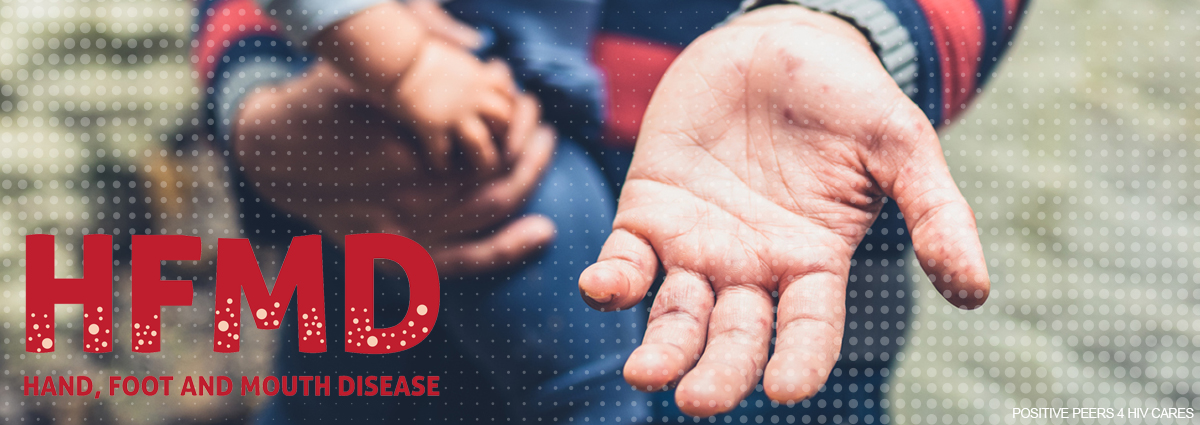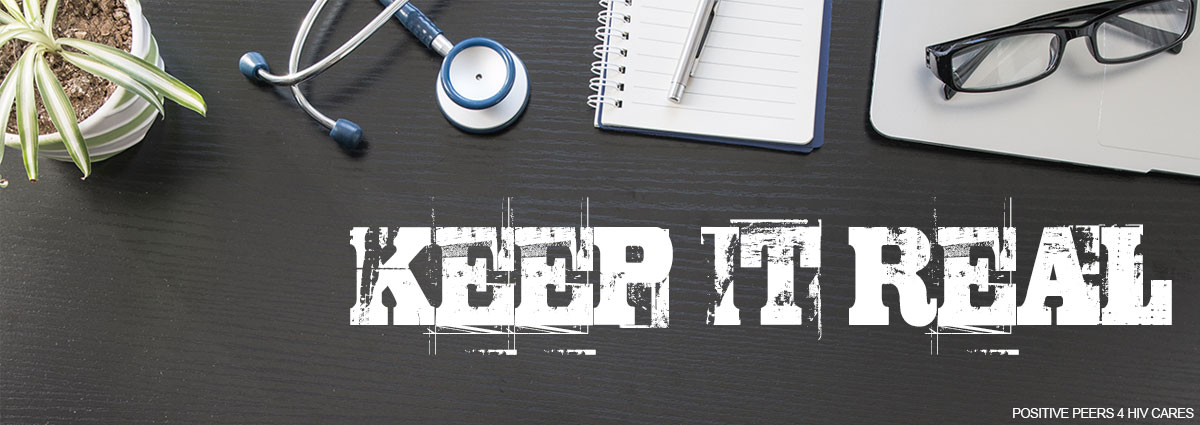HIV doctors can diagnose an infection, prescribe anti-viral meds and explain how to fight back against the virus.
But they can’t read minds.
If you’re unsure about anything about having to do with HIV, you’ll have to ask your doctor during your first visit.
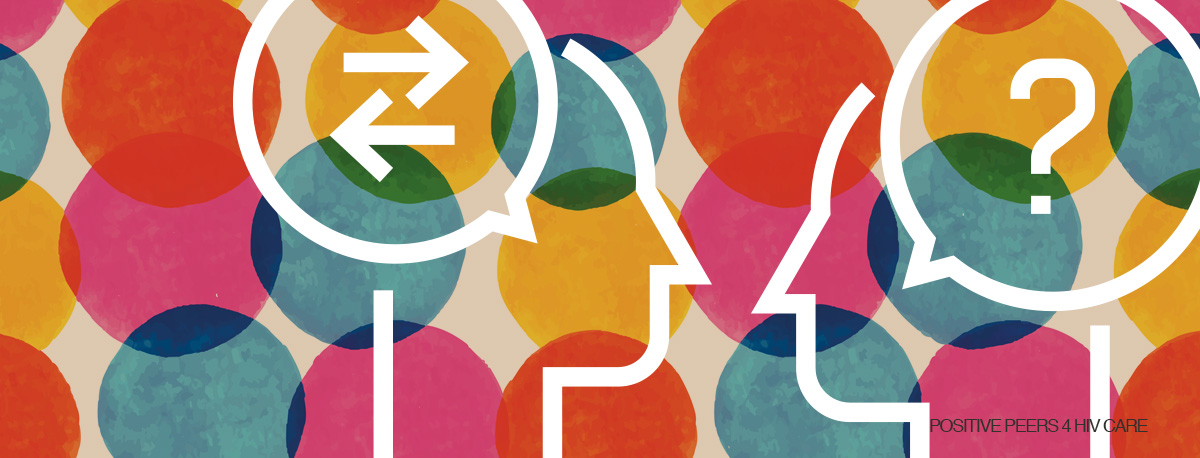
By: Ann K. Avery, MD, Infectious Disease Physician at MetroHealth Medical Center
Write your questions on paper and take them with you to the doctor’s office. Take a pencil and cross them off when the doctor answers them.
Once you’ve done this, you’ll know how to do it in all your future doctor’s visits. Your doctor has a lot of patients to see every day, so keep your list reasonably short.
There’s a massive volume of information already available on HIV symptoms, drugs, treatments and many more issues. Consider doing some research online before you go to the doctor, just make sure you’re going to good websites that provide scientifically sound information. We suggest poz.com, aidsinfonet.org, positivelyaware.org or projectinform.org.
That way you’ll already have an idea of what the doctor’s talking about. Some of your research may leave you confused or unsure of the right thing to do. That’s only natural because there’s so much info out there.
 Medical Questions
Medical Questions
Testing, treatments, meds and the doctor’s experience are all things to keep in mind. Possible questions for your doctor:
- Do you have a lot of experience treating patients with HIV?
- (If not) - Will you refer me to an HIV specialist?
- How often do I have to take my HIV meds?
- What kind of side effects might the meds have?
- What happens if I go off my meds?
- What do I need to know about CD4 (T-cell) counts and viral loads?
 Physical Questions
Physical Questions
You need to know how to treat your body while you’re being treated for HIV. You also need to watch out for signs of trouble. Consider asking your doctor things like:
- How much exercise should I get?
- What kind of diet should I have?
- Will HIV affect my appearance or body weight?
- What are the warning signs of an opportunistic infection? Do I need to be concerned about these?
- How can I protect my partner?
- Can I use drugs or drink and still take HIV meds?
 Mental Questions
Mental Questions
Your attitude will play a huge role in staying healthy and fighting off HIV. Ask your doctor:
- How can I tell if I’m suffering from depression? If I’m depressed, should I get counseling?
- How do I stay committed to sticking with my meds?
- What’s the best way to keep my spirits up?
 Social Questions
Social Questions
Your doctor has already met enough people with HIV to know the kinds of social challenges they face. These are some questions to ask:
- How do I tell my loved ones about my diagnosis?
- Should I tell my boss at work?
- How do I deal with stigma?
- What should I say if people ask about my diagnosis?
 Financial Questions
Financial Questions
HIV treatments can be expensive, but there are programs to help you deal with the cost. Ask your doctor:
- Will my tests, medication and other treatments be covered by my insurance?
- If I’m uninsured or have a very low income (or both), how do I get into a program to help pay for my meds?
If your doctor can’t answer all these questions, your clinic staff should be able to. Ask for pamphlets and brochures to help you remember the basics of living with HIV.
Come join our private, stigma-free, supportive community.
Health management tools with medication & appointment reminders.
Social networking in a community conversation & private chats.
Related Blogs:
Positive Peers is made possible through a U.S. Department of Health and Human Services Health Resources and Services Administration, HIV/AIDS Bureau Special Projects of National Significance (SPNS) Grant to The MetroHealth System. Click here for more information about the SPNS grant initiative.
Positive Peers is a private app for young people living with HIV. Learn how you can earn rewards for your participation.
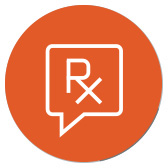 Medical Questions
Medical Questions 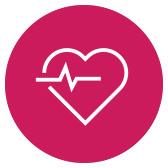 Physical Questions
Physical Questions  Mental Questions
Mental Questions 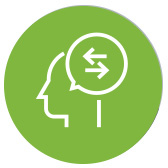 Social Questions
Social Questions 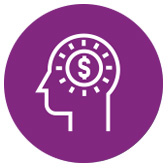 Financial Questions
Financial Questions 
